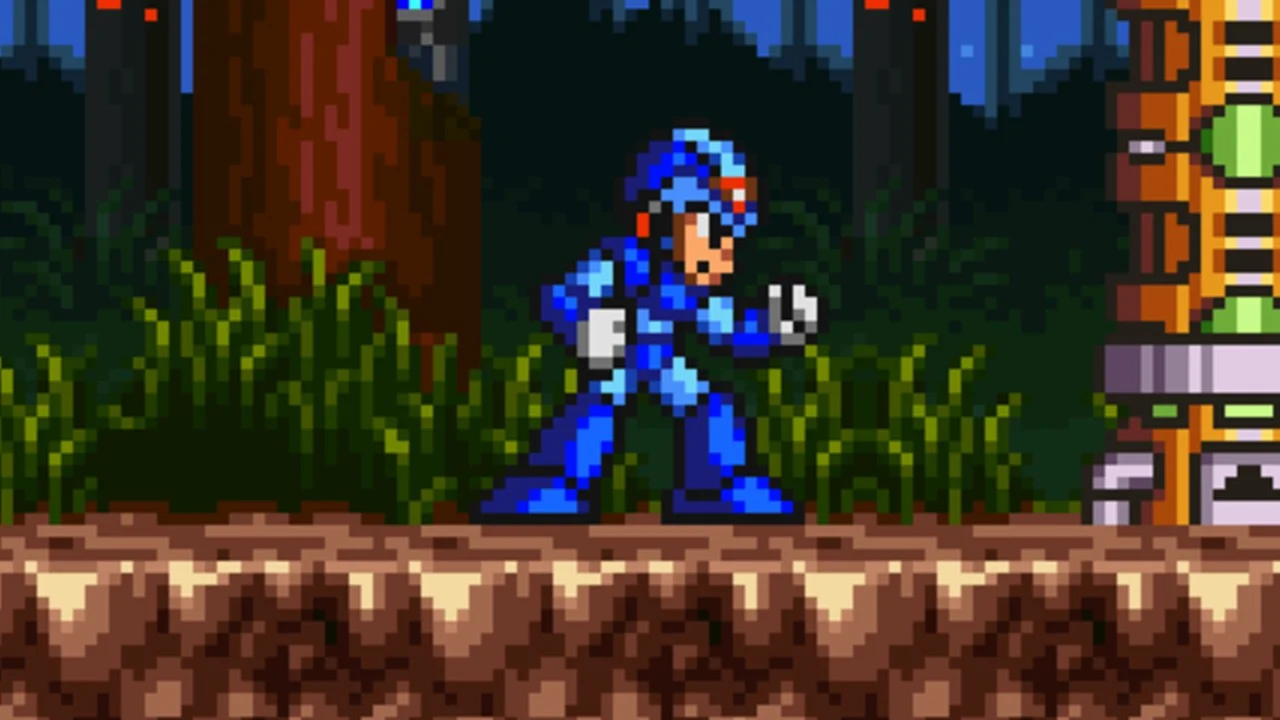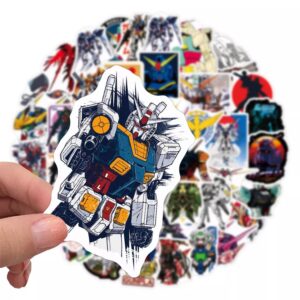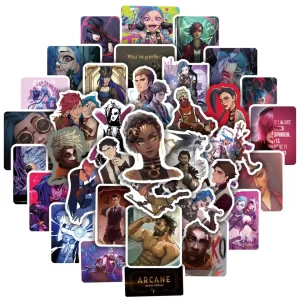Discover the insensitive cultural depictions found in the Mega Man Battle Network Legacy Collection and how Capcom is addressing them. Learn about the racist and misogynistic views present in the games and how the collection is preserving its authenticity while valuing diversity and inclusivity.
Mega Man Battle Network Legacy Collection has just been released, bringing back a beloved series after almost two decades of inactivity. The collection boasts online multiplayer, new features, and all the mainline Battle Network games. However, what you might not expect from the Legacy Collection is the inclusion of insensitive cultural depictions present in the original games.
Capcom, the publisher of the Mega Man series, has taken a unique approach to addressing the controversial content in the Legacy Collection. Upon starting the game, players are greeted with a disclaimer that acknowledges the insensitive cultural depictions within the game. The disclaimer highlights Capcom’s values of diversity and inclusivity while acknowledging that the content has been kept the same to preserve the collection’s authenticity.
The presence of the disclaimer was pointed out by a ResetEra user Jawmuncher, who compared it to a message that Warner Bros. used to display before their legacy cartoons. The message in the Legacy Collection reads, “Please be aware the games in this collection may contain some cases of insensitive cultural depictions that are presented as originally created to preserve their authenticity”.
Several examples of the insensitive content have been highlighted by gamers on the ResetEra thread, and among them are instances of racism and misogyny. In Mega Man Battle Network 2, for example, players encounter a black character called Whiskey who talks in a stereotypical manner, using lines such as “Whazzat? You want summa DIS whiskey?” and “You just outta da crib, kid! Go suck your momma’s milk!”.
Moreover, when the game’s protagonist Lan encounters Whiskey, he has to beat him in a rap battle to obtain an item. Unfortunately, this is not the only instance of stereotypical racism in the game. In Netopia, which is based on America, Lan is robbed by a black man in a city with two major landmarks: a boombox and a basketball hoop. Another black man can be found at a market stall, saying, “I pray every morning…to my God, and the chicken he provides.”
Aside from the examples of racism, misogyny can also be found in the Battle Network games, with MegaMan.exe himself making a statement that many players find controversial. At one point, he says, “Women. Can’t live with ’em, can’t live without ’em, right?”. Although this may have been an attempt at humor, it has been interpreted as misogynistic by many gamers.
The decision to include the insensitive content in the Legacy Collection is a complex one. On the one hand, preserving the original games in their unaltered form ensures that players get to experience the games as they were intended at the time of their release. On the other hand, the depictions in the game can be hurtful and offensive to players today.
By acknowledging the insensitive cultural depictions in the game and providing a warning, Capcom is allowing players to make an informed decision about whether they want to engage with the content or not. Moreover, this approach encourages players to think critically about the historical context of the games and how societal attitudes towards race and gender have evolved over time.
The controversy surrounding the Legacy Collection raises larger questions about the preservation of historical artifacts, particularly those with offensive or insensitive content. Should these artifacts be altered to remove the offensive content, or should they be preserved as a testament to the attitudes of the past? This is a topic that extends beyond video games and into the realms of literature, art, and history.
Ultimately, it is up to individual players to decide whether they want to engage with the insensitive cultural depictions in the Legacy Collection. However, by providing a warning and acknowledging the controversial content, Capcom is taking a step towards fostering inclusivity and creating a more welcoming gaming community.
In conclusion, the Mega Man Battle Network Legacy Collection has brought back a beloved series, but with it comes some controversial content from the past. Capcom’s decision to include a disclaimer at the start of the game acknowledges the insensitive cultural depictions in the game and encourages players to think critically about the historical context of the games. This approach shows that the publisher values diversity and inclusivity, and is taking steps towards creating a more welcoming gaming community.













